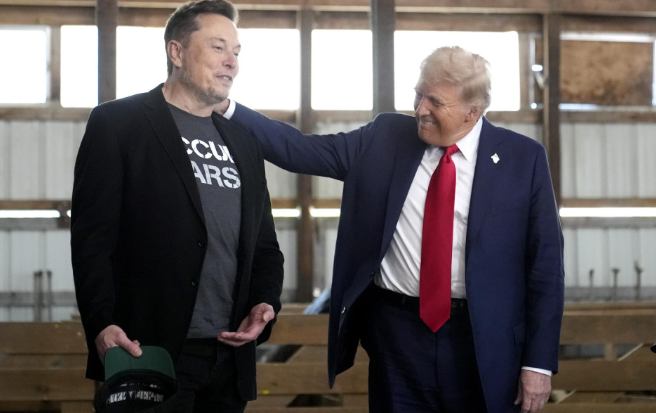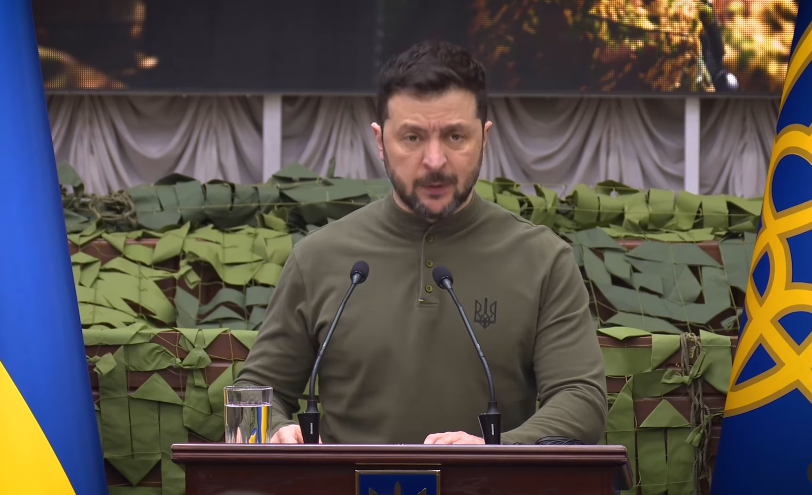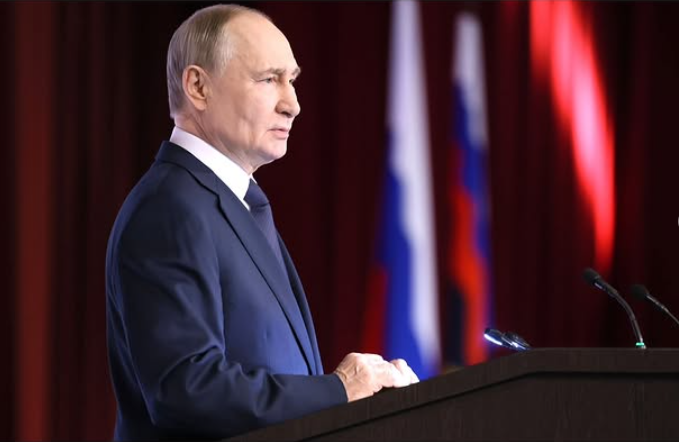[ad_1]
| BRUSSELS
BRUSSELS The European Union’s chief Brexit negotiator Michel Barnier warned British ministers and businesses who are calling for “frictionless trade” with the EU after Britain leaves that that is “not possible”.
Addressing the EU’s EESC business and trade union forum in Brussels on Thursday, Barnier said London’s “red lines” for a future trade relationship meant Britain was definitely leaving the single market and the customs union, and only membership of both allowed “frictionless” trading arrangements.
Prime Minister Theresa May is still hoping for trade that is “as frictionless as possible”, her spokesman said in response.
Barnier said he was unsure the EU’s insistence on preserving its own rules “have been fully understood across the Channel”.
“I have heard some people in the UK argue that one can leave the single market and keep all of its benefits – that is not possible,” he said. “I have heard some people in the UK argue that one can leave the single market and build a customs union to achieve ‘frictionless trade’ – that is not possible.”
Stressing time is tight for a deal before Britain leaves the bloc on March 30, 2019, Barnier said he was ready for a failure of talks and “no deal” but that would be damaging, especially to Britain, and he saw “no reasonable justification”.
“A fair deal is far better than no deal,” he said, turning around May’s argument that no deal is better than a bad deal.
He called for rapid agreement on priority issues in talks begun last month to build a “climate of trust” so that trade negotiations could begin as soon as possible. But in urging businesses to prepare for Brexit now, he stressed that whatever deal was done would carry “significant consequences”.
“A trading relationship with a country that does not belong to the European Union obviously involves friction,” Barnier said. He cited disruption to cross-border traders processing value-added tax (VAT) and a need for all EU imports of animals and animal products to be tested at borders.
Those issues are of particular concern in Ireland, where farming businesses on either side of the new UK-EU border on the island fear disruption. Barnier repeated EU willingness to make a priority of agreeing border issues on Ireland, where leaders on all sides fear a “hard” frontier could also undermine the fragile peace in the British province of Northern Ireland.
Pressed by British and Irish delegates about the Irish border issue, Barnier said he understood Ireland was a special case but that the EU would also protect its own market.
An EU free trade deal with Japan on Thursday was hailed by EU leaders as a sign of what the combined economic power of the bloc can achieve – and of what Britain will miss when it leaves.
“In the context of the discussion about Brexit, we have heard statements claiming that it isn’t worth being in the European Union, as it is easier to do global trade outside of the EU,” European Council President Donald Tusk told reporters.
“Today we have shown that this is not true.”
EU Agriculture Commissioner Phil Hogan said the deal, which should boost European food and drink exports, “shows the importance of size in global trade negotiations”.
“No individual member state could ever hope to achieve what the EU can achieve together,” Hogan said in a statement.
London, where Trade Secretary Liam Fox welcomed the EU-Japan deal, may seek to emulate the Japan-EU deal’s benefits.
(Additional reporting by Elizabeth Piper in London; Editing by Louise Ireland)
[ad_2]
Source link






Leave a Reply